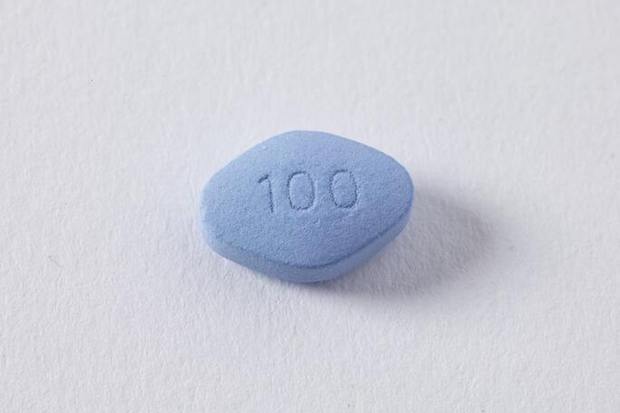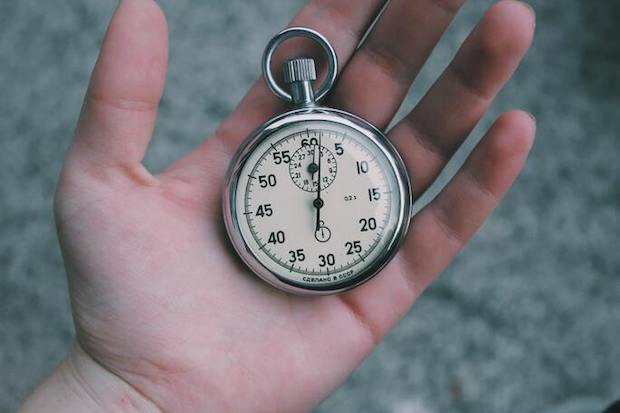Table of Contents
I. What Causes Erectile Dysfunction
II. How do ED Medications Work?
III. Comparing Viagra, Cialis, and Levitra
a. Which ED Medication is Most Effective?
b. Which ED Medication Lasts the Longest?
c. Which ED Medication Causes the Least Side Effects?
d. Which ED Medications Works Quickest?
What Causes Erectile Dysfunction?
a. Who Does ED Affect?
Erectile dysfunction (ED or impotence) is a common condition that affects men of all ages. ED prevents males from getting an erection or maintaining an erection that is firm enough to have sexual intercourse. Around 30 million men in the United States have erectile dysfunction.
Erectile dysfunction can be a result of physical or psychological causes. Age is an important factor for erectile dysfunction. Around 40 percent of men aged 40 are affected by ED. This increases by around 10 percent every decade. Approximately 50 percent of men aged 50, 60 percent of men aged 60 and 70 percent of men aged 70 are affected by ED. [1]
b. Physical Causes of ED
Erectile dysfunction is often the result of a physical problem. In men aged 50 and older, ED is a result of a physical problem around 90 percent of the time. [1] Getting and maintaining an erection is a complicated process that involves the brain, nerves, muscles, blood vessels, penis, and other body parts. Conditions that affect any of these body areas may cause or worsen ED.
Common physical causes of erectile dysfunction include heart problems, high blood pressure, and diabetes. These conditions damage blood vessels and restrict blood flow around the body and to the penis. [2]
As mentioned above, the brain and nerves are two parts of the body that are important in getting an erection. Psychological problems, including anxiety, depression, and stress, can make it more difficult for the brain to release the appropriate hormones that cause an erection. Psychological erectile dysfunction is more common in younger males and affects around 90 percent of male teenagers and young adults. [3] Erectile dysfunction is usually treated with oral medications such as Viagra (sildenafil), Cialis (tadalafil) or Levitra (vardenafil). If ED occurs less than 20 percent of the time, then typically, it does not require treatment. [4] Viagra, Cialis, and Levitra are all PDE5 (phosphodiesterase-5) inhibitor medications and work in a similar way. When males are aroused, their bodies release the chemical nitric oxide (NO). This chemical sends signals through the body and causes muscles inside the penis to relax to allow blood to flow into the penis. This blood flow causes the penis to get longer and firmer. PDE5 inhibitors increase the effect of nitric oxide, helping blood to flow to the penis. These drugs also slow down messages that cause an erection to end. Therefore, helping to maintain an erection for a longer period of time. [5] Erectile dysfunction drugs do not increase sexual desire, and none of these medications will work without sexual stimulation, which is caused by sexual thoughts or physical stimulation to the penis. Viagra (sildenafil), Cialis (tadalafil), and Levitra (vardenafil) are the most common medications used to treat erectile dysfunction. These medications may work similarly, but there are pros and cons to each medication. Keep reading to learn more about the differences in these drugs. Analysis of more than 150 research trials has shown that Viagra is the most effective medication available to treat erectile dysfunction. Viagra, on average, performed 50 percent better than a placebo. In these studies, Cialis was found to be more effective than Levitra. [6] [7] Cialis is the longest lasting ED medication. A single dose of Cialis lasts between 24 and 36 hours. A low dosage of Cialis may also be taken on a daily schedule with sexual intercourse attempted at any time between doses. When Cialis is taken on a daily schedule, then the duration is continuous. By contrast, Viagra and Levitra both last on average between four and five hours. [8] All medications can cause side effects depending on which enzymes in the body that the drug inhibits. Research shows that of the three drugs, Cialis has the lowest rate of side effects. Overall, for all doses, Viagra has the highest rate of side effects. However, Levitra 20mg had the highest individual risk with 25% of patients experiencing side effects. [6] Common side effects among all three medications include headaches, congestion, and facial flushing. [9] All of these erectile dysfunction medications take roughly the same amount of time to work. Viagra and Levitra both usually take around 30-60 minutes, while Cialis takes 30-45 minutes to feel the full effectiveness of the drug. Additionally, Viagra and Levitra are both less effective after eating a large meal and may take longer to work. None of these medications will work to cause an erection without sexual stimulation. [8] As seen above, Viagra, Cialis, and Levitra each have their own strengths and weaknesses. However, it is important to remember that medications affect patients differently. It is common for men to try several different ED drugs to find which is most effective for them. The American College of Physicians (ACP) recommends that patients decide based on ease of use, side effects, and cost. [10] The content in this article is intended for informational purposes only. This website does not provide medical advice. In all circumstances, you should always seek the advice of your physician and/or other qualified health professionals(s) for drug, medical condition, or treatment advice. The content provided on this website is not a substitute for professional medical advice, diagnosis or treatment.
c. Psychological Causes of ED
How Do ED Medications Work?

Comparing Viagra, Cialis, and Levitra
a. Which ED Medication is Most Effective?
b. Which ED Medication Lasts the Longest?

c. Which ED Medication Causes the Least Side Effects?
d. Which ED Medications Works Quickest?
e. Conclusion
